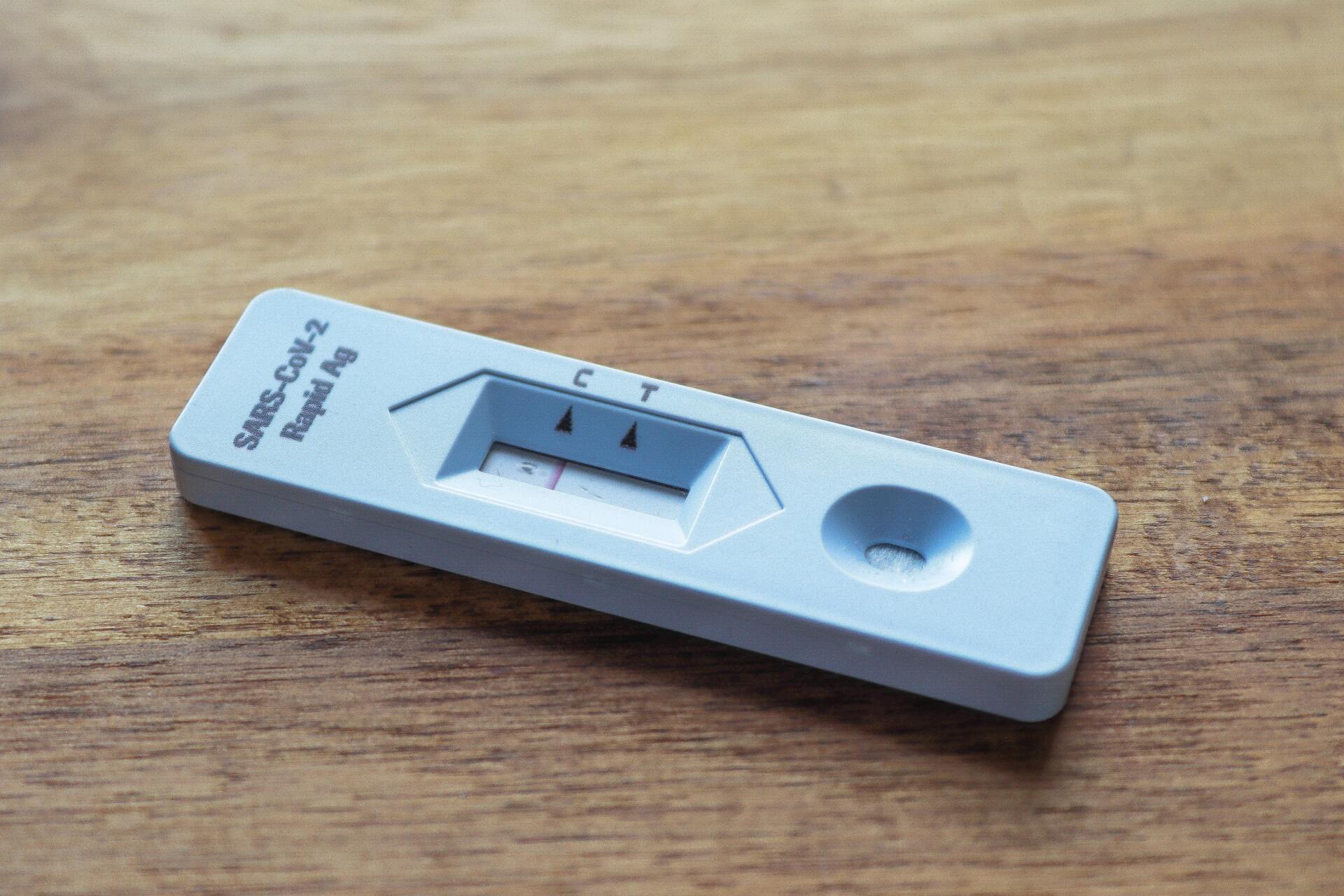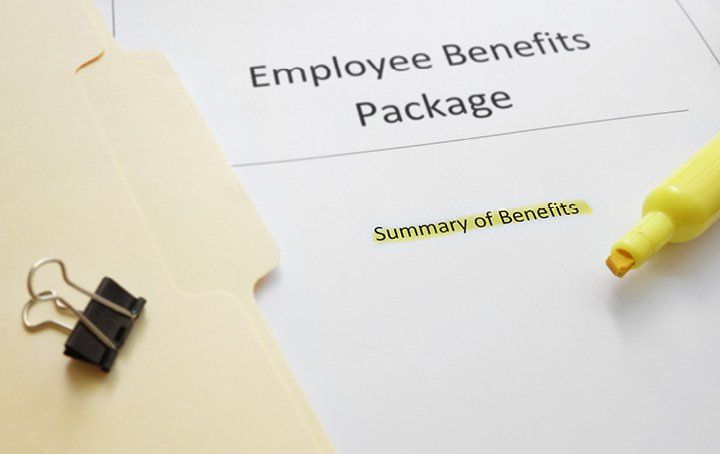Tax deductions for work-related COVID-19 tests

In a previous blog we discussed a proposal for COVID-19 tests, to be both:
- tax-deductible; and
- exempt from FBT;
broadly where they are purchased for work-related purposes.
This proposed legislative change is now law with effect from 1 July 2021.
COVID-19 test expenses
From 1 July 2021, if you're an employee, sole-trader or contractor and you pay for a COVID-19 test for a work-related purpose, you can claim a deduction.
- When you can claim COVID-19 testing
- When you can't claim COVID-19 testing
- Keeping records for COVID-19 tests
- Completing your tax return
When you can claim COVID-19 testing
From 1 July 2021, to claim a deduction for the cost you incur to pay for a COVID-19 test, you must:
- use the test for a work-related purpose, such as to determine if you can attend or remain at work
- get a qualifying COVID-19 test, such as a
- polymerase chain reaction (PCR) test through a private clinic
- other tests in the Australian Register of Therapeutic Goods, including rapid antigen test (RAT) kits
- pay for the test yourself (that is, your employer doesn't give you a test or reimburse you for the cost)
- keep a record to prove that you incurred the cost (usually a receipt) and were required to take the test for work purposes.
You can only claim the work-related portion of your expense on COVID-19 tests. For example, if you buy a multipack of COVID-19 tests and use some for private purposes (such as by other family members or for leisure activities), you must only claim for the portion of the expense you use for a work-related purpose.
When you can't claim COVID-19 testing
You can't claim the cost of a COVID-19 test where any of the following apply:
- you use the test for private purposes – for example, to test your children before they return to school or day care
- you receive a reimbursement for the expense from your employer or another person
- you work from home and don't intend to attend your workplace.
You also can’t claim a deduction for the travel or parking expenses you incur to get your COVID-19 test because these expenses don't have a sufficient connection to you using a COVID-19 test.
Example: COVID-19 tests you can claim
Mary is a casual employee at a local café. In April 2022 Mary buys a qualifying multipack of COVID-19 tests, which she only uses before commencing a shift if she has any COVID-19 symptoms or has been in contact with a COVID19 case. Her employer doesn't reimburse her for the cost of the COVID-19 tests.
Mary can claim a deduction for the cost of these COVID-19 tests.
Example: personal and work-related use and deductibility
Vinh buys a qualifying 2 pack of COVID-19 tests at the local pharmacy. Vinh uses one test to confirm he doesn't have COVID-19 before attending a local sporting event. A week later he realises that he has been exposed to COVID-19 and uses the other test to check his COVID-19 status before attending his place of work. As Vinh used one test for personal use and one test for work purposes, he can only claim a deduction for half the cost of the COVID-19 tests.
Keeping records for COVID-19 tests
You need to keep records of COVID-19 tests to demonstrate that you paid for the test and the test was required for work-related purposes. This may include a receipt or invoice, and correspondence from your employer stipulating the requirement to test. If you don't have a record of your expenses before the law changed on 31 March 2022, the ATO will accept reasonable evidence of your expenses. Reasonable evidence is documents that show the cost of the test and requirement to take it for work purposes. This may include:
- bank and credit card statements
- a diary or other documents, including receipts, that shows a pattern of buying COVID-19 tests after the law change that could reasonably have applied from 1 July 2021.
Completing your tax return
Once you calculate your deduction, enter the amount at Other work-related expenses in your tax return. Include in the description 'COVID-19 tests'.
Need Assistance?
Email us at Robert Goodman Accountants at reception@rgoodman.com.au . Sourced from NTAA & ATO. All rights reserved. Brought to you by Robert Goodman Accountants.
Quote of the week
You can have anything you want - if you want it badly enough. You can be anything you want to be, do anything you set out to accomplish if you hold to that desire with singleness of purpose. Abraham Lincoln.















